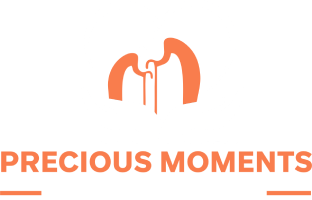Dementia and Alzheimer’s disease can be overwhelming for both patients and caregivers. It’s essential to understand the condition to provide the best possible care.
What is Dementia?
Dementia is a general term for a decline in cognitive function that interferes with daily activities. Alzheimer’s disease is the most common type of dementia.
Early Signs and Symptoms
Recognizing the early signs of dementia is crucial. Common symptoms include:
- Memory loss that disrupts daily life
- Difficulty with familiar tasks
- Challenges with language
- Disorientation to time and place
- Changes in mood or behavior
- Problems with reasoning and judgment
Creating a Safe Home Environment
A safe home is essential for individuals with dementia. Consider these tips:
- Remove hazards like loose rugs and clutter.
- Install safety features like grab bars and non-slip mats.
- Clearly label items and rooms.
- Use locks to prevent wandering.
- Provide adequate lighting.
Effective Communication Techniques
Communicating with someone with dementia requires patience and understanding. Try these strategies:
- Use simple, clear language.
- Maintain eye contact and a calm demeanor.
- Break down tasks into smaller steps.
- Use visual aids when possible.
- Avoid arguments or corrections.
Seeking Support
Caring for someone with dementia can be challenging. Don’t hesitate to seek support from family, friends, or support groups. Consider joining a caregiver support group to connect with others who understand your experience.
Conclusion
Understanding dementia and Alzheimer’s disease is the first step towards providing quality care. By implementing these strategies and seeking support, you can make a significant difference in the life of someone with dementia.
Remember: This is just a brief overview. It’s essential to consult with healthcare professionals for personalized guidance and support.
